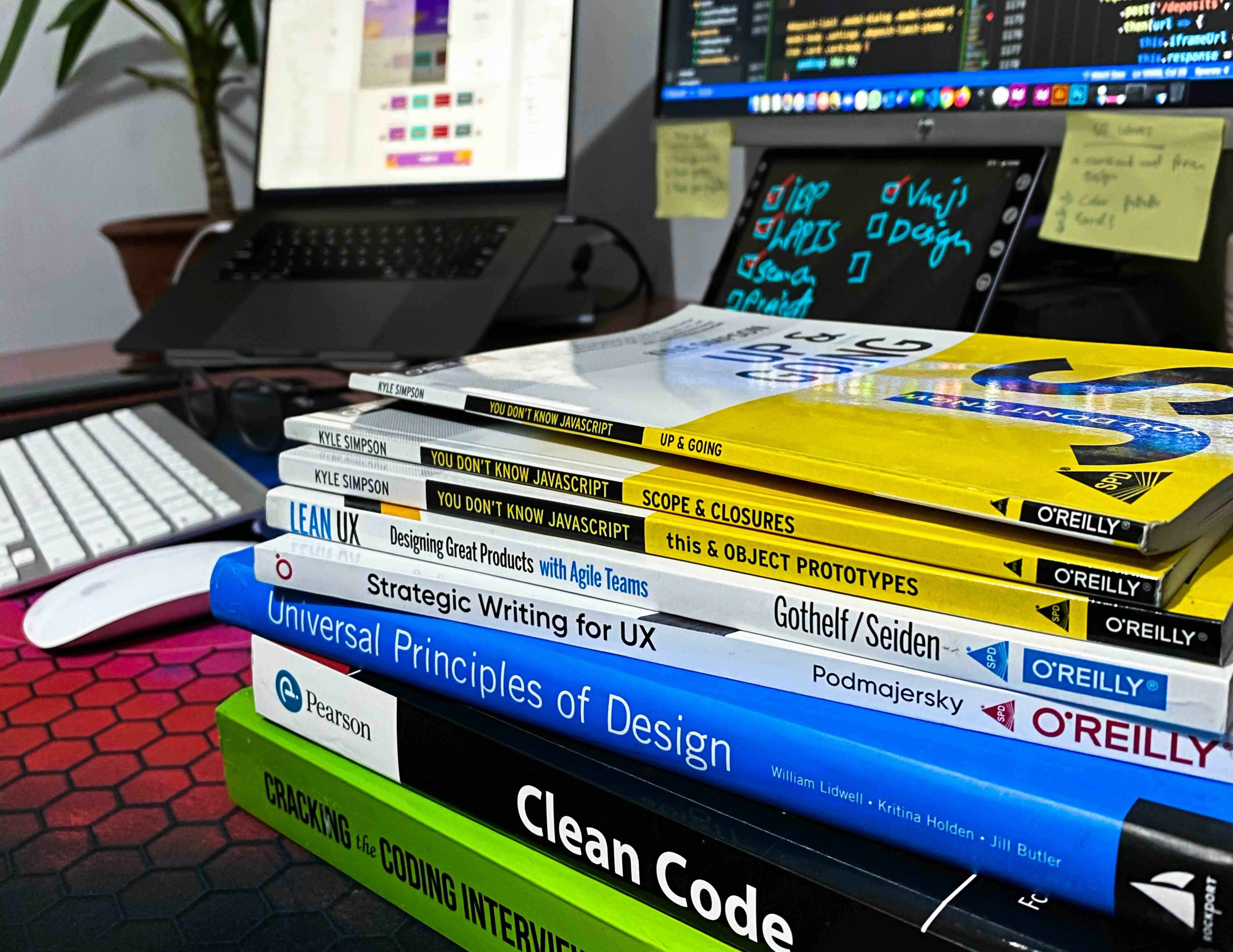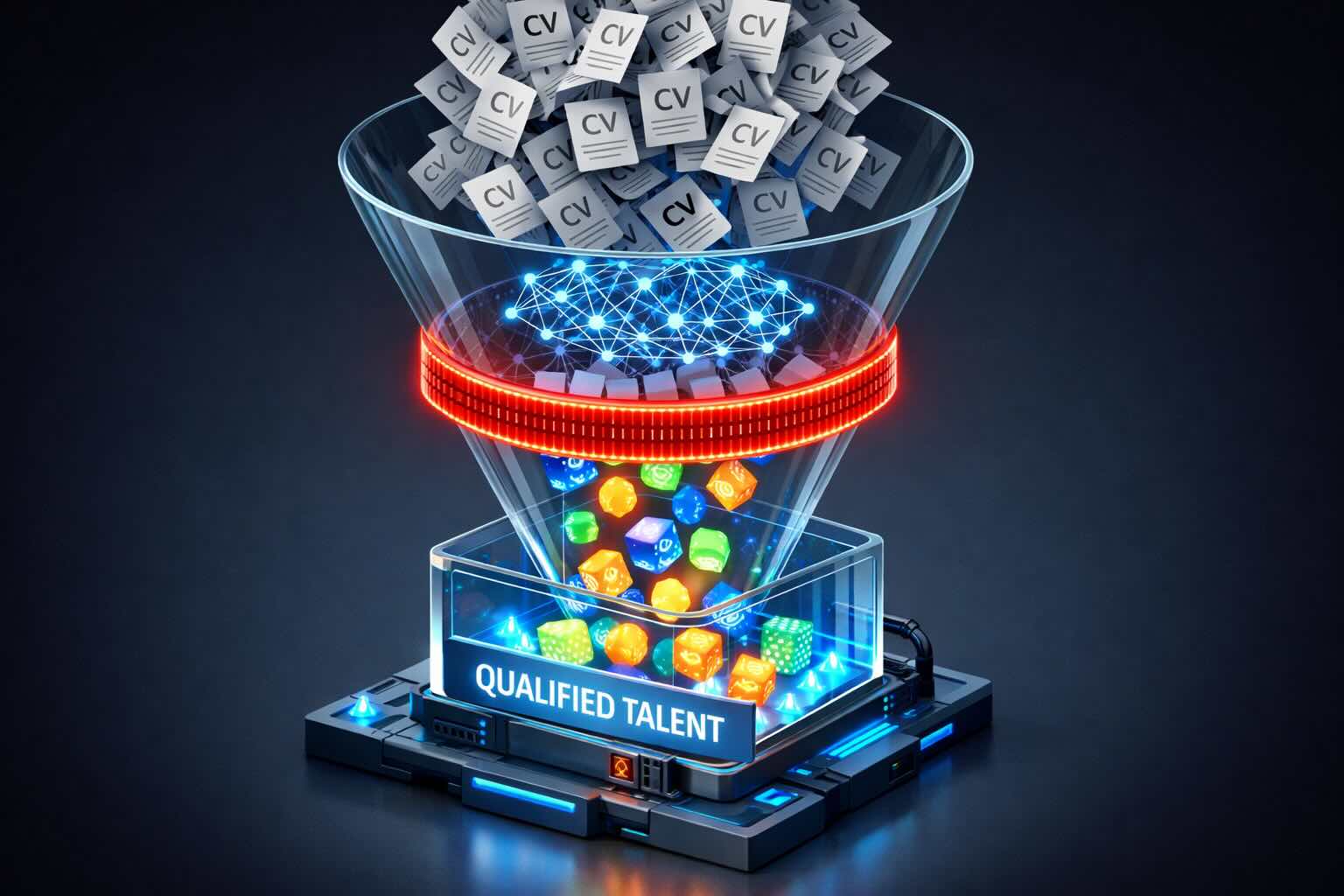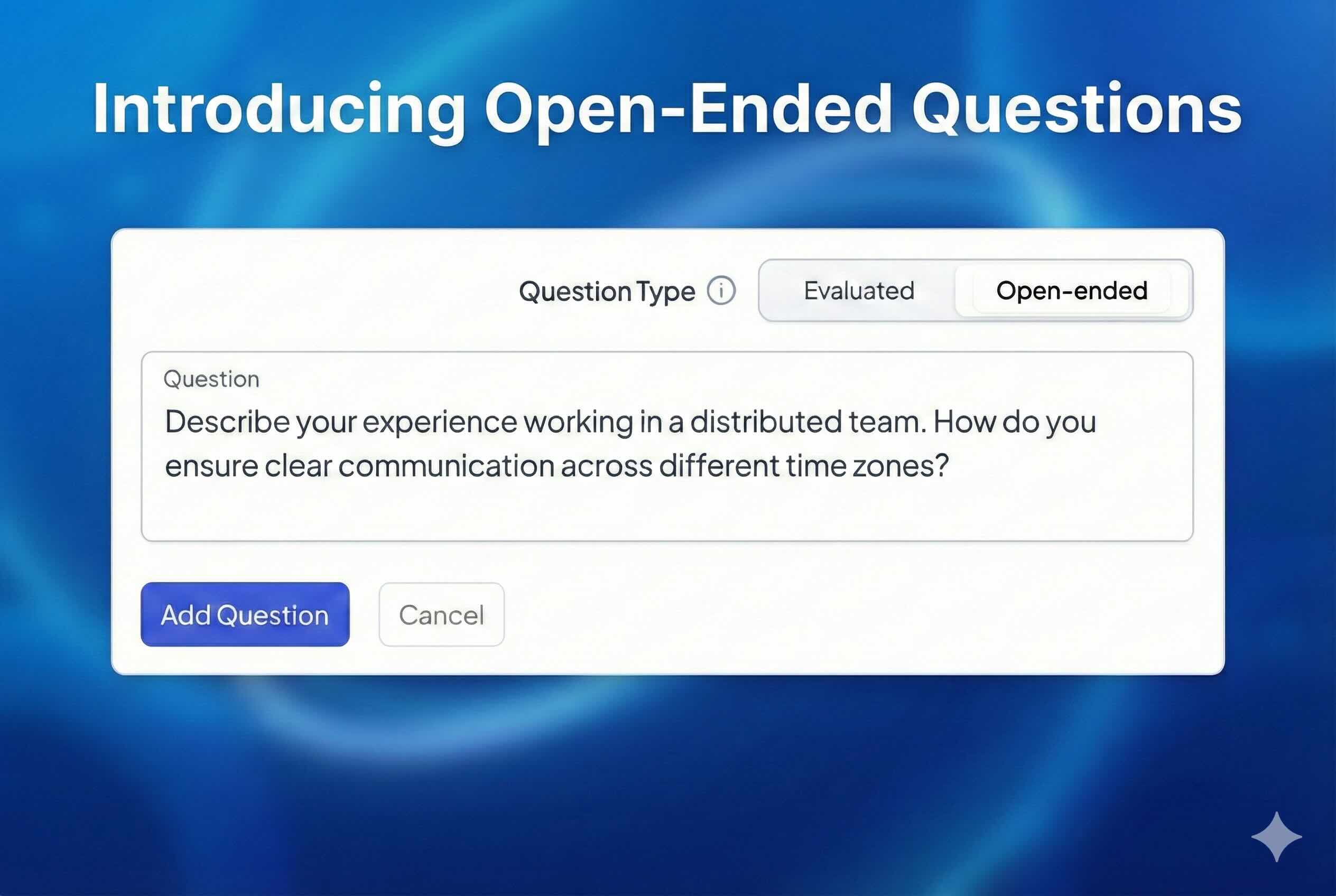
Beyond Code: Why Conceptual Understanding is the Key to Your Next Great Hire
In today's competitive tech landscape, recruiters face a bewildering problem: a flood of candidates with seemingly perfect resumes who falter during the first real technical conversation. If you've felt this disconnect, you're not alone. The way software engineering is done is changing, and the way we screen for talent must change with it.
It's time to look beyond a candidate's ability to simply write code and focus on what truly matters: their deep conceptual understanding.
The Cracks in Traditional Tech Screening
For years, the recruitment playbook has been the same: keyword filters for resumes and take-home coding challenges. Unfortunately, these once-reliable tools are becoming increasingly irrelevant in the age of AI.
- AI-Inflated Applications: The number of unqualified candidates applying for jobs is on the rise, largely because AI can effortlessly modify applications to perfectly match job criteria, making automated resume filters obsolete.
- The End of Coding Assignments: Any take-home coding assignment is no longer a reliable test of a candidate's ability. AI can solve these problems with ease, telling you very little about the applicant's actual skills.
- The Rise of False Positives: With AI co-pilots being used to cheat during live interviews, the number of false-positive hires is also increasing, leading to costly mistakes for engineering teams.
The New Value Proposition: From Coder to Architect
The reality of modern software development is that engineers don't write as much code from scratch as they used to. Instead, their value lies in a different, more critical skill set:
- Driving AI Productively: AI can generate vast amounts of code, but much of it can be useless or inefficient, even if it looks good on the surface. A strong developer needs a robust conceptual understanding to guide AI tools effectively and distinguish between good and bad code.
- Mastery of Fundamentals: What truly separates a great engineer from a mediocre one is a strong grasp of system design concepts and the fundamentals of the technologies they use. It’s this deep knowledge that allows them to build efficient, scalable, and maintainable systems. It's crucial that candidates have a strong understanding of concepts rather than just regurgitated code.
How to Adapt Your Screening Process
To find the engineers you actually need, the screening process must evolve to test for this deeper understanding. Your goal should be to create an initial technical screen that mimics a high-level conversation with a senior engineer.
This is where AI-powered conversational screening comes in. Instead of asking a candidate to simply solve a puzzle, an AI agent can call the candidate and engage them in a conversation about technical concepts. It can ask probing questions from a pre-determined question bank associated with the specific skills you’re hiring for, ensuring a consistent and relevant evaluation every time.
This process isn't meant to replace your human interviewers. It's designed to provide a highly effective technical screen that filters for the conceptual knowledge that matters, ensuring your engineering team only spends their valuable time with high-priority, genuinely qualified candidates.
The hiring landscape has changed. By shifting your focus from "Can they code?" to "Do they understand?", you can cut through the noise and build a stronger, more capable engineering team.
Ready to Accelerate Your Hiring Velocity?
Leverage AI agents to eliminate false-positive interviews and save valuable engineering time









